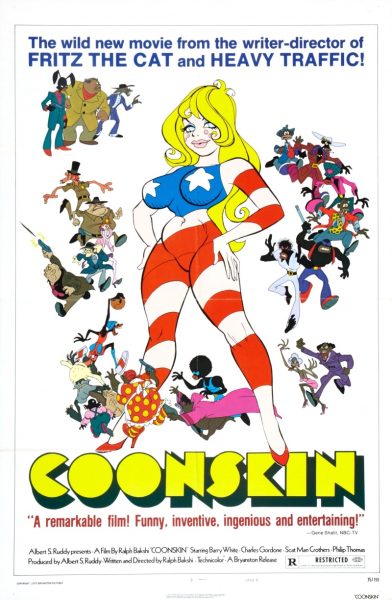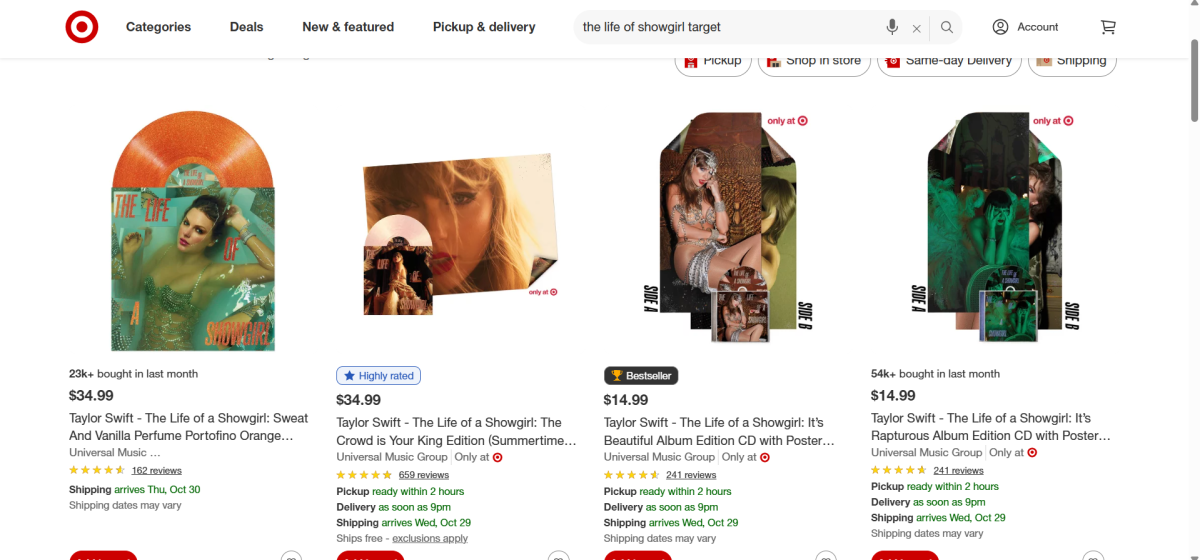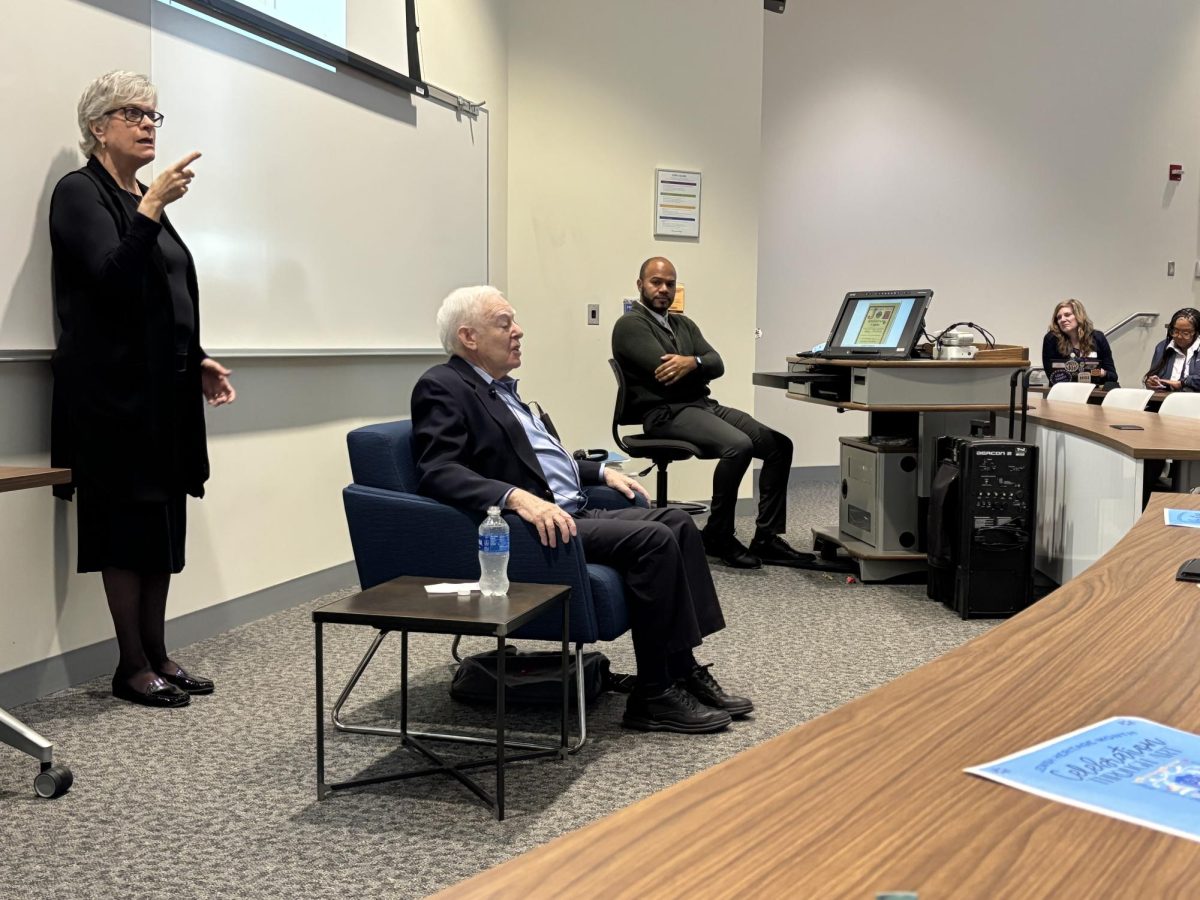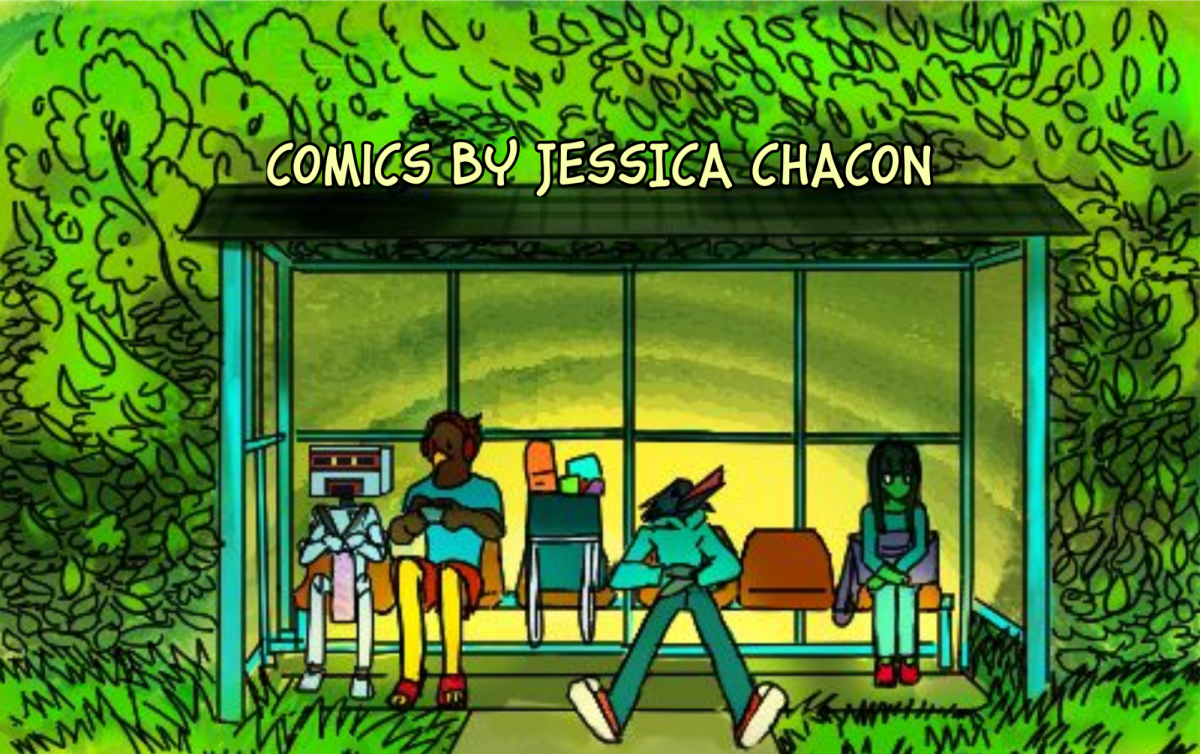
How often does a movie look you in the face and say, “Fuck you”?
If a movie is so offensively bad, sure, you can take it as an insult, but Ralph Bakshi’s Coonskin takes you by the collar, shoves its middle finger down your throat and makes you see exactly why you earned it.
Now, I’ll let you in on a secret: Coonskin is free on YouTube right now. In full 1080p, no bullshit “click this link in the comments to watch, either.” And the ‘fuck yous’ are passed out like tasty Halloween candy.
Everyone loves free, but occasionally free movies mean… bad movies. And bad movies are great. I have fond memories from ye olde cable days: browsing free movies, stumbling upon stinkers like Pizza My Heart, That Darn Cat and Biodome, smoking a little weed and having a laugh with friends.
But in this world of streaming services, with content dispersing and disappearing behind paywalls and subscriptions, for once in this torturous existence, could something be free and not a piece of shit?
For my misanthropic, miserly behavior, I was rewarded with a swift “fuck you”: the first spoken line in the film. Literally, a little animated dude just looks at you dead on, and shakes his head. The movie already resents me, seemingly for reading the title Coonskin, and clicking.
The style of the movie is a mix of live action and animation. Reality and fiction are intertwined: live action chorus girls dance with animated ones, and while the inside of the club might be entirely animated, step through the front door and you end up in real life New York City. It’s like The Phantom Tollbooth meets Killer Klowns from Outer Space meets Dolemite, but it was fraternal twins with Do The Right Thing. Dig?
Coonskin is keenly aware of how it uses the iconography of racism, but it’s not trying to promise that it’ll kill or erase it. It condemns racism, while also being aware that it’s not going away, and acknowledging the power it holds in society. America will always profit off of racism. Purposefully controversial political statements, racist cartoons, slurs used as copyrighted names or in titles — they will continue to make money until there is no more America. The spectacle, the sensation of pointing fingers being able to say “fuck you” will never fall out of favor as long as there is an America.
The movie is framed as a story within a story (save your eyerolls, okay?), with two Black convicts having just escaped the white walls of prison and the older cellmate sharing an anecdote about friends he once knew.
These friends — Brother Rabbit, Brother Bear and Preacher Fox — are from the South, and after the death of their parents and the sale of their family home, they decide to make their own way in Harlem. The real streets of Harlem and real people clamor and move beside the cast of characters.
The characters are just that: characters, larger than life, maybe real, maybe fake. Point being, if they ever were people, they’ve been shrouded with so much myth that they’ve become more than just a person.
The framing is a direct rip of Disney’s oft-forgotten and scratched from the records Song of the South, which references a collection of African American folklore written by a white man. An old, fictional storyteller named Uncle Remus tells a tale about brothers Rabbit, Fox and Bear, and somewhere along the way, a tar baby is involved.
It takes Disney’s rose-colored retelling of Uncle Remus and his stories, and spits on it.
Even from the start, you can tell Brother Rabbit is going to be a major player. He’s a smooth talker, the brains of the brothers, and he always maintains composure. And when most people see him, their first reaction is that he is a racist caricature of Black people resembling a minstrel performer or an artifact in the Jim Crow museum. But Rabbit isn’t. He’s a black man, doing whatever it takes to survive in the hostile environment of Harlem. And he doesn’t just survive, he thrives.
Miss America is easily the most one dimensional, representing, well, us — the U.S.
I’m not trying to say she’s poorly written: in fact, the short glimpses you catch of her, you see the privilege and ignorance she embodies. She bounces around, giggles threats and insults and spreads her legs (which immediately open fire). She doesn’t represent women, she represents how the U.S. often treats its minorities: beating them around slapstick-style, all while skipping away as if there wasn’t a bloody pulp left on the pavement. You don’t see her deep thoughts or reasoning for her violent tendencies, you only see her over the top reactions — which really is how the rest of the world sees America.
The art and animation is masterful. The art style purposefully makes you double take: not just with heavily featured characters like Rabbit, but even with side characters in one-off vignettes. They are purposefully drawn like racist caricatures to highlight the absurdity of racism itself.
Amidst all the absurdity, however, Bakshi shows us a more vulnerable and thoughtful side: scenes like when the Godfather (not the one you’re thinking) and Mama dance in mourning. It’s tender and somber, a deceptive break from the violence. Bear’s wife Pearl is stunning in every scene she’s in. The animation cycle of her blinking while a white couple showers her with microaggressions disguised as compliments shows a stark contrast: Pearl is supernaturally beautiful, partially due to being an animation, and the white couple are real, plain looking humans. And the couple is a reminder that those real life people, they’re at your parties, they’re your coworkers, they’re everywhere.
Despite how heavy this movie may sound, it’s full of levity, and the brothers are never in short supply of a clever comeback. The animation medium also allows for visual comedy, and goes beyond screwball humor into the absurd.
It genuinely earns every laugh, but it knows how and when to shut you up quickly. You crane to hear every clever word from the brothers’ mouth.
Coonskin is a movie you’ve probably missed. It’s gritty, meaty and a piece of adult cartoon history that has been forgotten by too many.
But if you think I’m giving a racist, lowbrow cartoon too much credit, watch it for yourself. It’s for free on YouTube, along with Heavy Traffic and Hey, Good Lookin. And if you enjoy Coonskin, I can’t recommend Bakshi’s other films enough.





